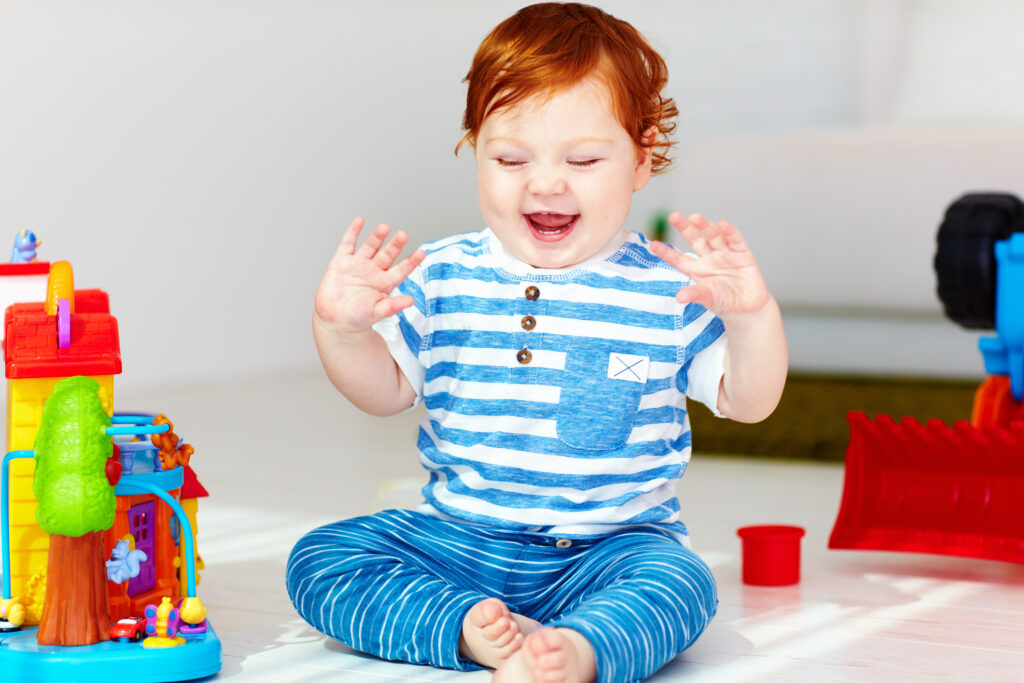Knowing the developmental milestones of a 3-year-old can make it easier for parents to determine both typical growth and potential concerns. Here is a breakdown of the key milestones in physical, cognitive, language, and social areas:
Physical and Motor Skill Milestones
- Walking up and down stairs with alternating feet
- Running, jumping, and climbing with more coordination
- Balancing on one foot for a short period of time
- Turning the pages of a book one at a time
- Stacking blocks to create towers and drawing simple shapes
- Self-feeding with a spoon
Cognitive and Learning Milestones
- Questioning and discovering the world
- Identifying basic shapes and colors
- Counting to three or more, including an understanding of simple quantities
- Solving simple puzzles and matching
- Engaging in imaginative play, such as pretending with toys and reenacting scenes
Language and Communication Milestones
- Using sentences with three to five words
- Understanding and following two- to three-step instructions
- Naming familiar objects, people, and colors
- Participating in simple conversations and storytelling
- Expressing emotions verbally, like saying “I’m happy” or “I’m sad”
Social and Emotional Milestones
- Play with other children and show signs of being able to take turns.
- Expressing independence, like attempting to put clothes on
- Developing an understanding of other’s feelings, offering comfort to them when needed
- Experiencing a broad range of emotions, including periodic mood swings
- Imaginative play, starting simple friendships
How the Family Health Checker app Supports Parents
For parents concerned about their child’s genetic health and development, early detection is essential. The Family Health Checker app by FDNA provides an accessible way for parents to assess developmental delays and identify early signs of delays related to potential developmental and genetic concerns from home. The app assesses the child’s genetic health and development by asking parents to answer questions and upload facial images to address health concerns. It generates free evaluation reports, which parents can share with healthcare providers to support informed discussions about their child’s health and developmental needs. AI tools help expedite the diagnosis process, but parents should seek support from healthcare professionals for a formal diagnosis and personalized guidance.



